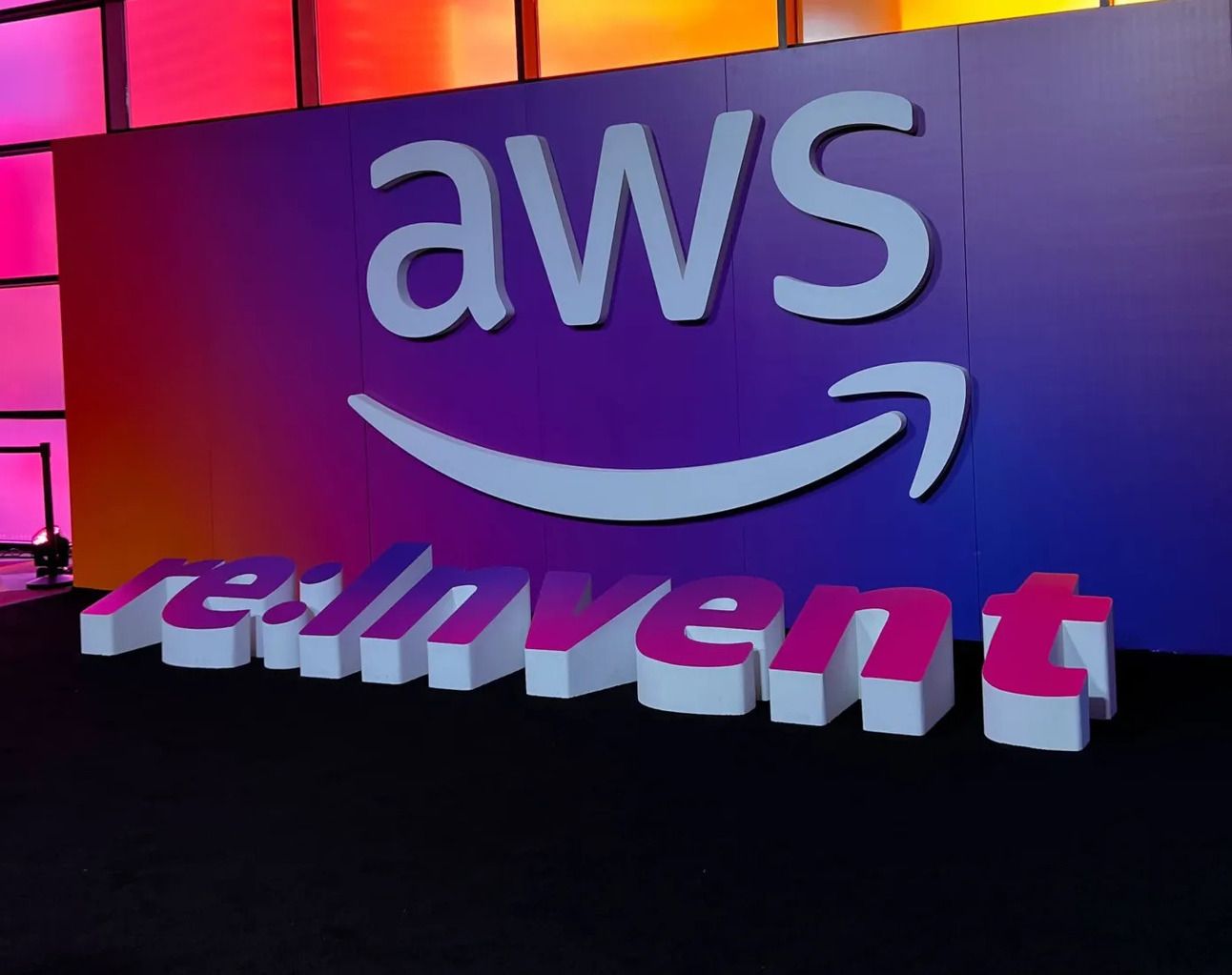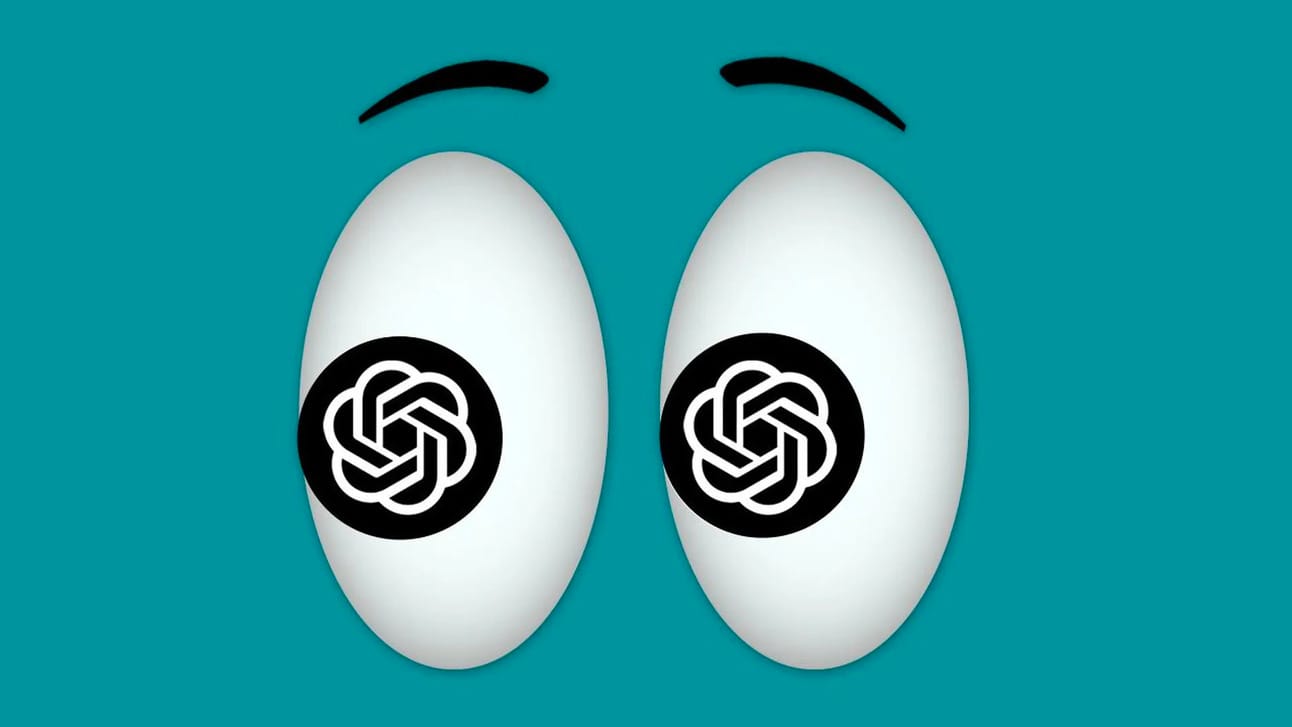- AI Weekly Insights
- Posts
- AI Weekly Insights #8
AI Weekly Insights #8
Navigating The AI Frontier: Milestones and Innovations
Happy Sunday!
Welcome to December as we head into our final month of 2023! Get ready for “AI Weekly Insights #8” coming your way. This week, we're diving into the latest advancements in AI from Amazon Web Services, exploring the challenges of building trustworthy AI assistants, and the GPT store being delayed until 2024.
For the week of 11/26/23-12/02/23 (P.S. Click the story’s title for more information 😊):
What’s New: Amazon Web Services’ (AWS) re:Invent event, Nov. 27 - Dec. 1, showcased a flurry of AI-centric announcements.
Key Announcements:
Titan image generator - Now in preview, this tool can craft new images from a text description or modify existing images.
Amazon Q - A cutting-edge AI-powered chatbot for AWS customers, built on 17 years of AWS expertise.
Trainium chips for AI models - The latest generation of its chips for model training and inferencing (i.e. running trained models)
Guardrails for Amazon Bedrock - A tool that allows companies to set limits on language models, ensuring safer interactions.
Why It Matters: AWS wants to show that they are still a big player in the AI space, with some of its announcements being a direct response to competitors that offer similar products and services. AWS is still the top cloud provider and these new announcements make it clear that they want to defend that lead.

AWS re:Invent
What's New: Harvard Business Review highlights the challenges and strategies for developing reliable autonomous agents.
Current Risks: As autonomous agents become more widely used, issues like poor data quality and the absence of human oversight are growing concerns.
Precautions to Take: Frameworks and guardrails are needed to mitigate these risks, but some key precautions include automated "emergency brakes", stringent permissions for AI agents, and alerts for admins of AI systems.
Why It Matters: As AI becomes more widespread, it is important to note the shortcomings and risks involved with using this kind of technology. Trust in AI, especially in fully autonomous assistants, is essential for future advancements.

What's New: ChatGPT was released 1 year ago on November 30, 2022. The store that was announced to sell custom GPTs has been delayed until 2024.
The Delay: According to a memo to developers at OpenAI, The company planned to launch the store in November, but a few “unexpected things” have been keeping them busy. In the meantime, they plan to have other great updates to ChatGPT soon.
Why It Matters: ChatGPT's first year has been a rollercoaster of innovation and growth. OpenAI’s announcement of custom GPTs and the accompanying store was a highlight of last month‘s DevDay conference. The delay in launching the GPT store so close to the anniversary is a setback, but the anticipation for what's next remains high.

AI History Corner
Generative AI is a relatively new and exciting field of study, but Artificial Intelligence has been around since the 1950s. Here is a significant milestone in AI development with IBM’s Deep Blue and Watson:
In 1985, as a doctoral student at Carnegie Mellon University, Feng-Hsiung Hsu began the development of a chess-playing supercomputer. After receiving his doctorate in 1989, Hsu and Murray Campbell joined IBM Research to continue their project to build a machine that could defeat a world chess champion.
It first played world champion Garry Kasparov in a six-game match in 1996, where it lost four games to two. Deep Blue's hardware was subsequently upgraded before it faced Kasparov again in May 1997, when it won the six-game rematch by winning two games and drawing three.
After Deep Blue's victory, IBM was on the hunt for a new challenge. In 2004, IBM Research manager Charles Lickel passed on the idea of playing Jeopardy! with an IBM system after noticing a restaurant they were in had fallen silent due to the patrons watching Ken Jennings in the middle of a 74-game run. The system known as Watson was soon developed and by 2010, it could beat human Jeopardy! contestants regularly.
In 2011, the Watson computer system competed on Jeopardy! against champions Brad Rutter and Ken Jennings, winning the first-place prize of 1 million USD. Since its initial use for Jeopardy!, Watson has gone to see many different use cases in areas such as healthcare and education.
Prompts of the Week
Use ChatGPT + the 80/20 Principle to learn faster than ever:
"I want to learn about {insert topic}. Identify and share the most important 20% of learnings from this topic that will help me understand 80% of it."
Summarize Long Passages of Text:
"Summarize the text below into 500 words or less. Create sections for each important point with a summary of that point:
{insert text}”
Create Detailed Project Plans for any Idea:
“Create a project plan for {insert topic}. Include tasks + subtasks if necessary, key deliverables, and milestones. Also, include how long it would likely take to reach each milestone.”
Your curiosity fuels this exploration into AI's evolving landscape. Share these insights with pals who'd love a weekly AI digest 🔄. Drop a comment or hit reply to share your thoughts. See you next Sunday!
Warm regards,
- Kharee